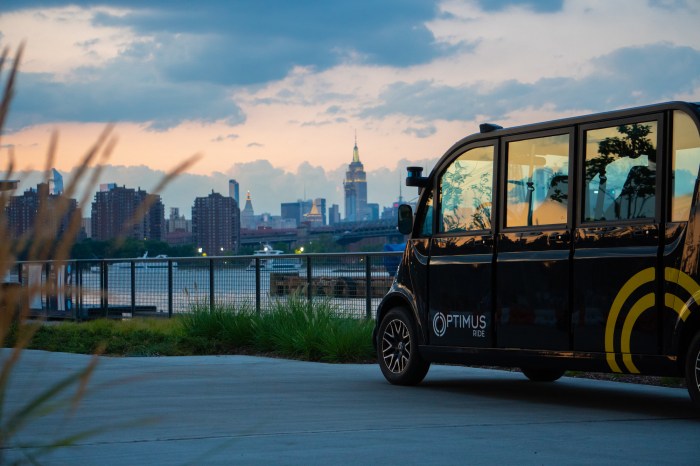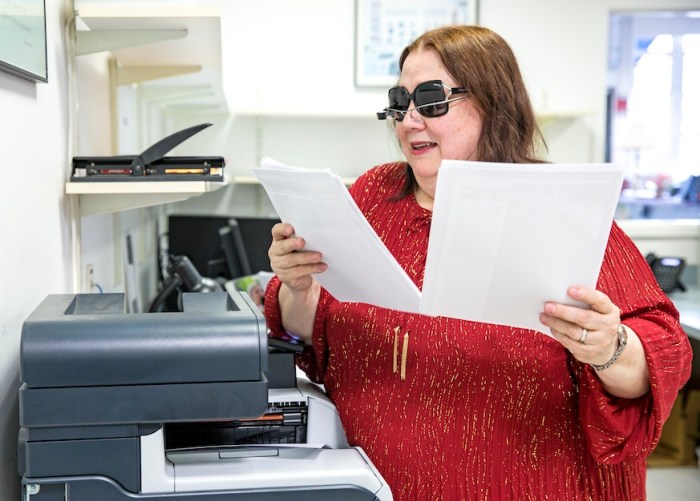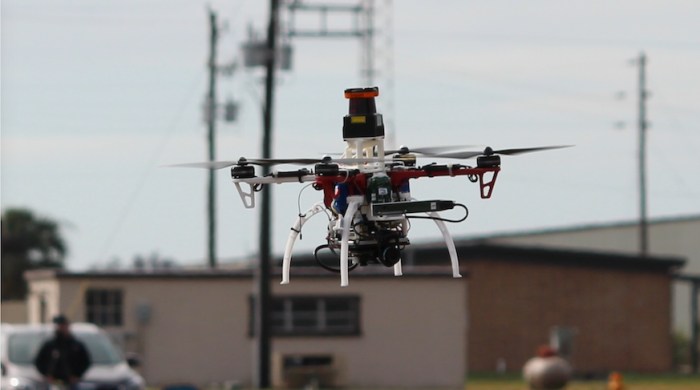How do you raise girls to be involved in science, technology, engineering and math? Referred to as STEM, these fields are a key part of our future, and that means preparing kids now to have the necessary interest, education and skills.
Eric Klopfer, a professor at the Massachusetts Institute of Technology, tackles this question constantly. At MIT, he focuses specifically on pre-K to grade 12 STEM education, running the teacher education program and co-leading the school’s pre-K- to 12 initiative at the new Jameel World Education Lab.
But Klopfer is also a dad, raising a young woman right now. Klopfer and his daughter Maya, who is in middle school, will both be speaking at a forum on Friday called “Cracking the Code: The Next Generation of Women in STEM.”
The forum, hosted by the Atlantic and held at 60 State Street, brings together experts from a variety of industries to think about “what it means to raise and become a woman in STEM.”
Klopfer and his daughter join an agenda of speakers including Sylvia Acevedo, CEO of the Girl Scouts of the USA, Christine Cunningham, vice president of the elementary curriculum at the Museum of Science and Katie Burke of HubSpot.
Klopfer, the only male speaker, said he was originally asked to be a part of this event because of his role at MIT concerning pre-K to grade 12 STEM education.
“At MIT we are quite concerned about diversity (gender, geography, socio economic status, under represented minorities) in STEM. It is something we are working on in our own university and through our outreach and research efforts in precollege education,” he said in an email.
“But that is only part of my involvement here,” he continued. “I also have noticed that my kids’ STEM education has often been lacking. While we live in a district with good schools, science and math are often taught in a very traditional way… When they take science tests, they are often science vocabulary tests (as opposed to concepts). And labs are taught with right and wrong answers.”
So Klopfer took it upon himself — not as an MIT professor, but as a dad — to enrich his kids’ STEM education.
“From lots of Legos to robotics kits and programming environments, I’ve tried to engage my kids with the creative and fun stem projects,” he said. “My daughter has really embraced this and we even made videos for a while called ‘Science (and engineering) with Maya’.”
He’s not necessarily trying to push Maya into a STEM career, he said, but he knows that the skills she’s building now outside of her classroom, and the fun she’s having exploring in this way, are valuable.
So how has this effort affected Maya, compared to her classmates?
“As my daughter has transitioned to middle school she has definitely seen a shift that many of the girls are identifying less with stem activities. She wrestles with this,” Klopfer said. “She also has rejected the idea of participation in ‘girls’ STEM activities, and enjoys ones that are open to all instead. She doesn’t like the idea of segregating the girls into their own group.”


















